
Are you wearing a mask?
We sometimes wear masks on Halloween. We sometimes wear masks to costume parties. In these days of COVID-19 we wear masks to stores.
But are you wearing a mask now? Did you wear a mask yesterday? Will you wear one tomorrow?
I admit that I sometimes I hide behind a false identity because I’m afraid that you won’t like the real me. I’m careful to disguise my flaws. Cover up my vulnerability.
Authenticity scares us. So we tend to dab on a mask like we apply our makeup. We cover up mistakes like we conceal blemishes.
But what does God tell us about honesty? Colossians 3:9-10 says:
Do not lie to one another, seeing that you have put off the old self with its practices and have put on the new self, which is being renewed in knowledge after the image of its creator.

God Invites Us to Embrace Authenticity
God wants us to practice honesty with each other. Of course this means avoiding lying, deceit, and general fibbing, but I think at the root of this our Father is also telling us, “Don’t try to be someone you are not. Do try to be the person I called you to be.”
In Colossians, Paul tells us that we are able to do this because we have taken off our old self—the old self that needed to impress others, put on airs, and look good at all costs.
The new self is OK with authenticity, because the honest truth is that our new image is the image of our Creator. Romans 8:29 tells us we are “conformed to the image of His Son.” When God looks at us, He doesn’t see the mess that we sometimes see in the mirror. He sees us looking like Jesus—covered with His holiness.
When I find myself once again trying to apply a mask, I try to hang onto the truth that God loves me just as I am. He knows I sometimes struggle, but He also sees me as totally pure and victorious in Jesus. When I remember this, I am free to take off the mask and risk uncovering flaws.
Embrace transparency and experience the freedom of life without masks.
Next step: Identify any masks you may be wearing? What are you trying to cover up? Ask your Creator to help you live as the authentic self He made you to be.
Find Out More
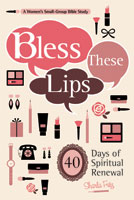
This post was adapted from my book Bless These Lips. This Bible study book examines things we say that get in the way of our relationships with God and with other. Each chapter draws on lip product analogies and uses humor, anecdotes, and observations to introduce Scripture passages that will help you use your words to encourage the people in your life.

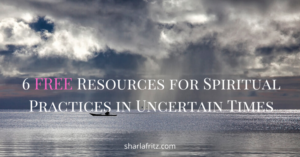
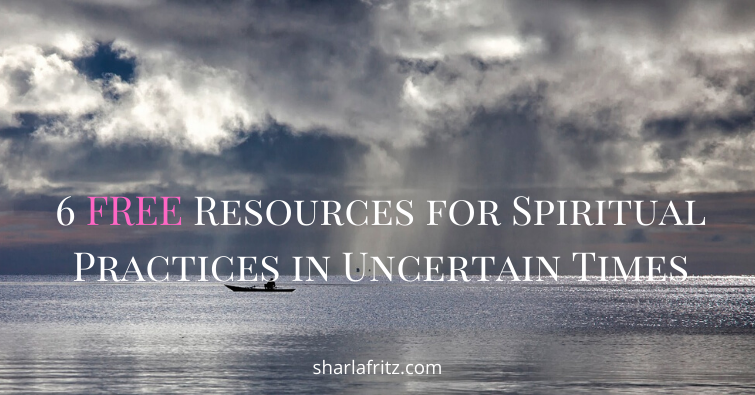
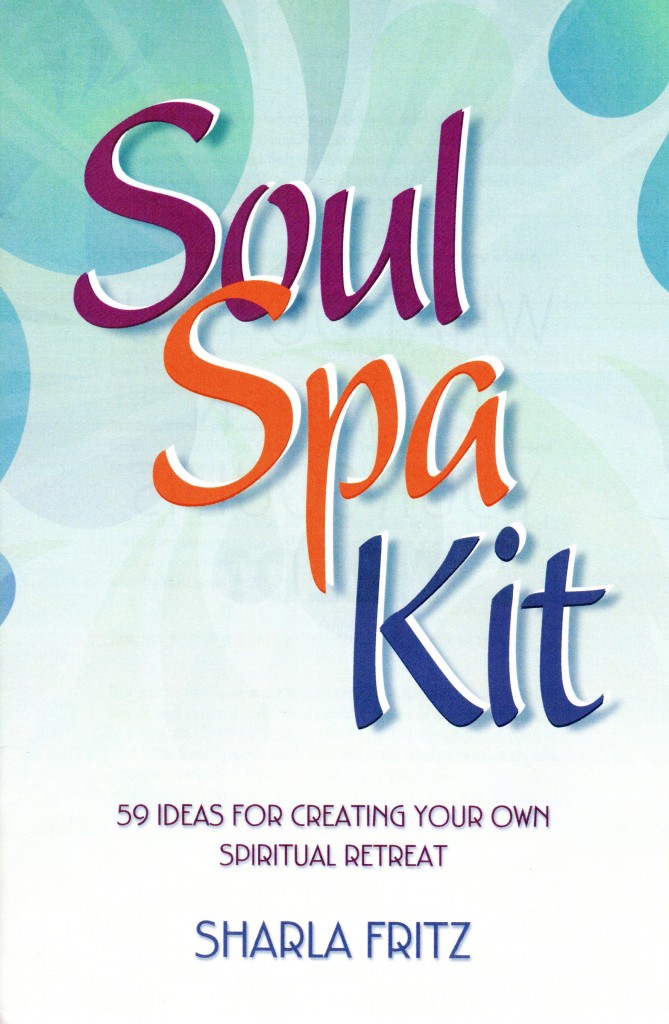


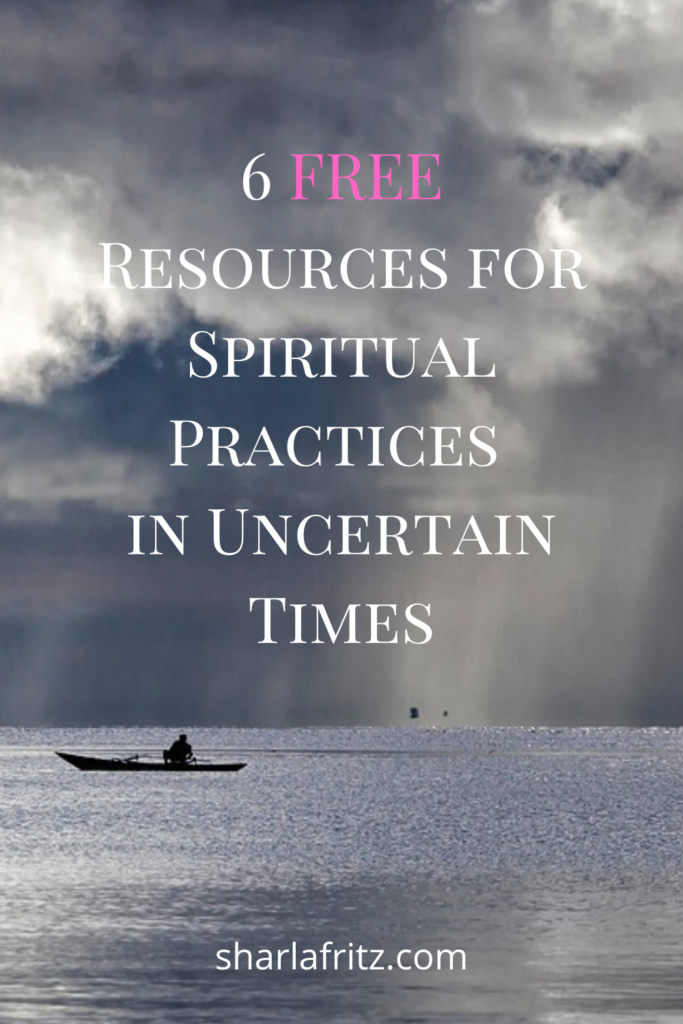
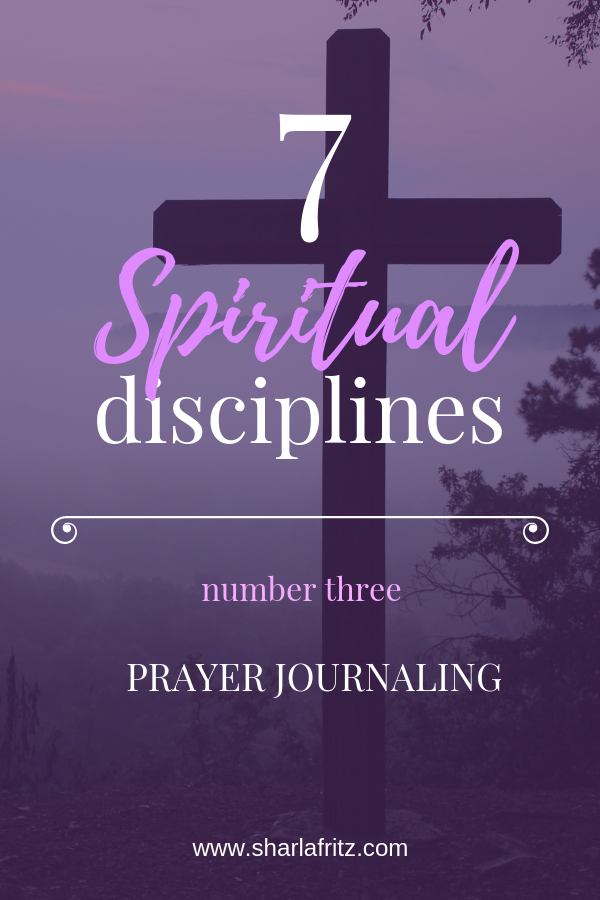
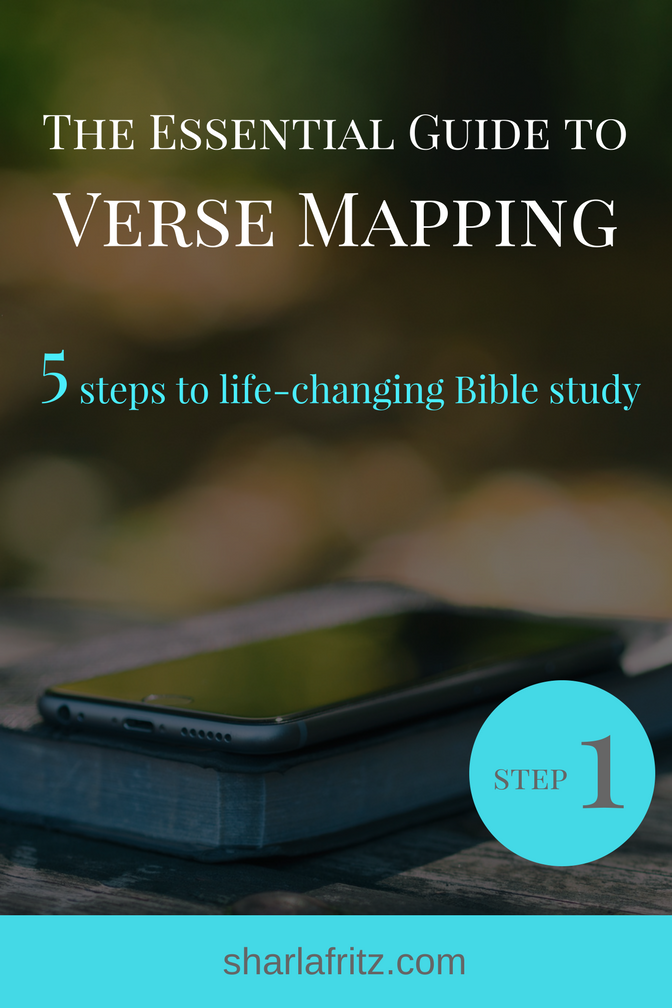



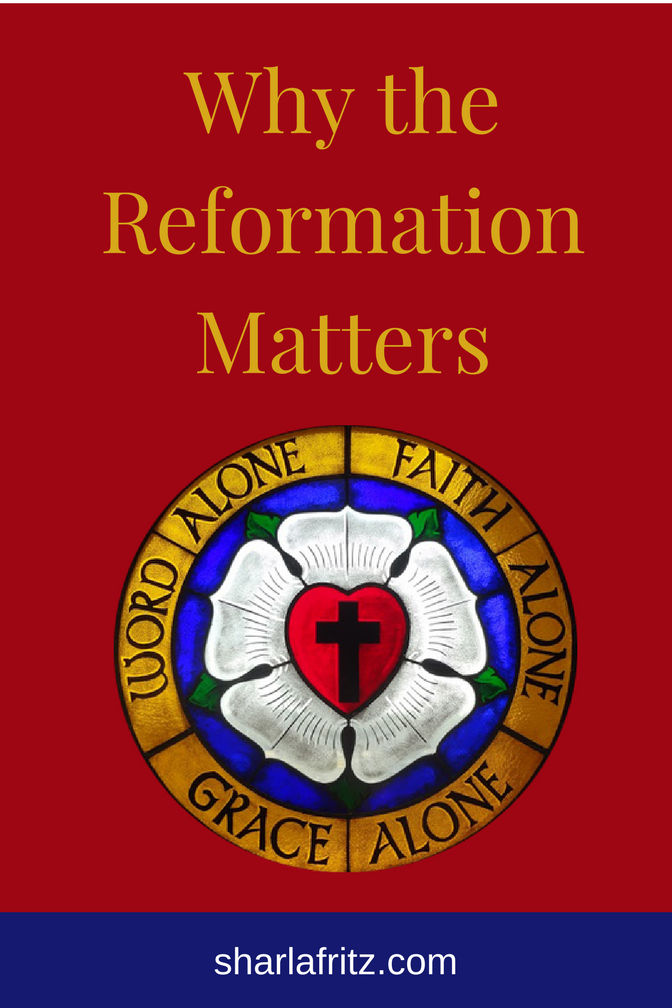



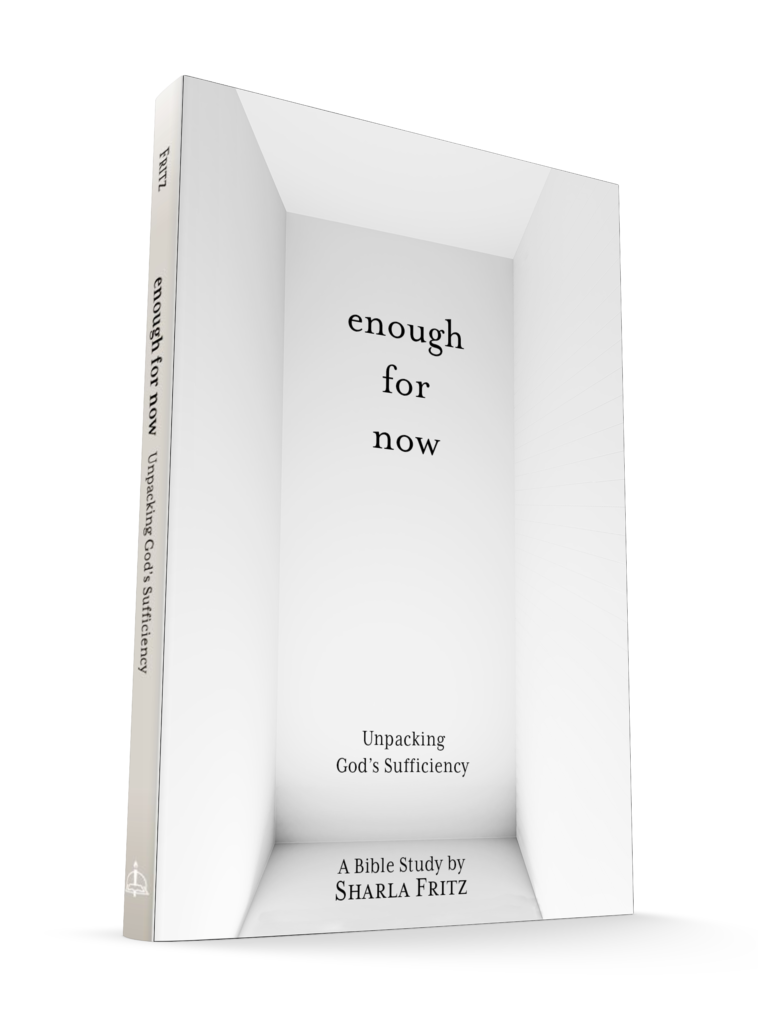







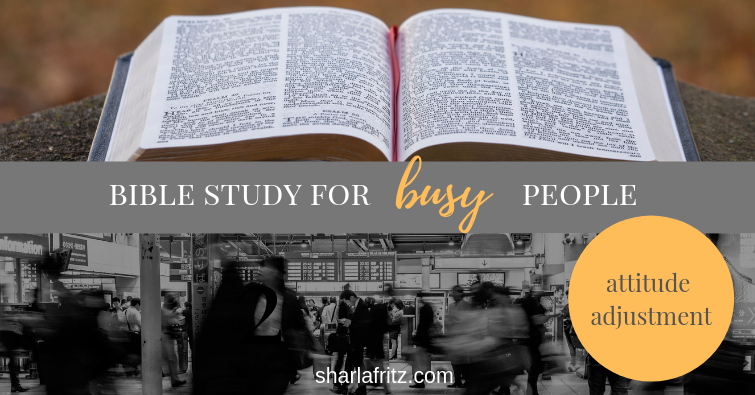

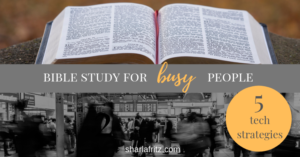
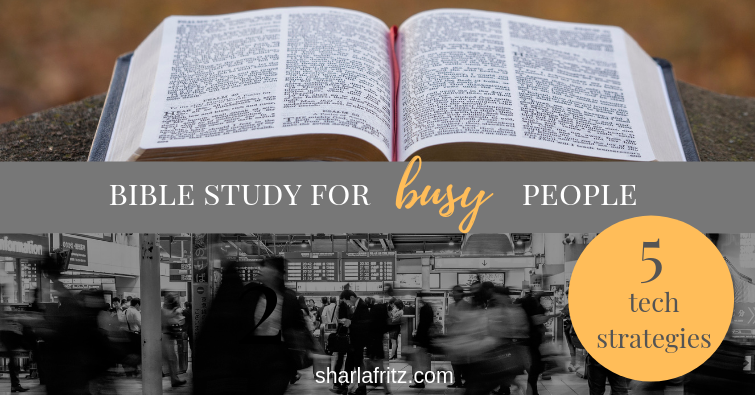
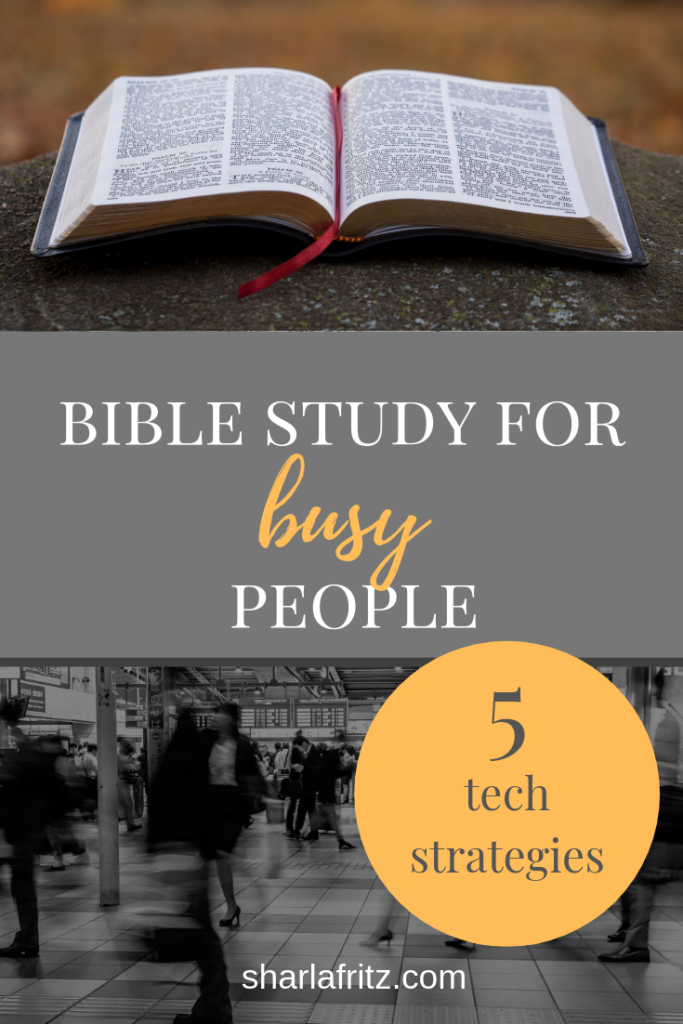
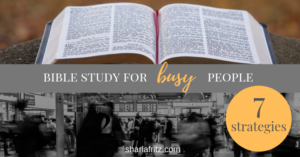
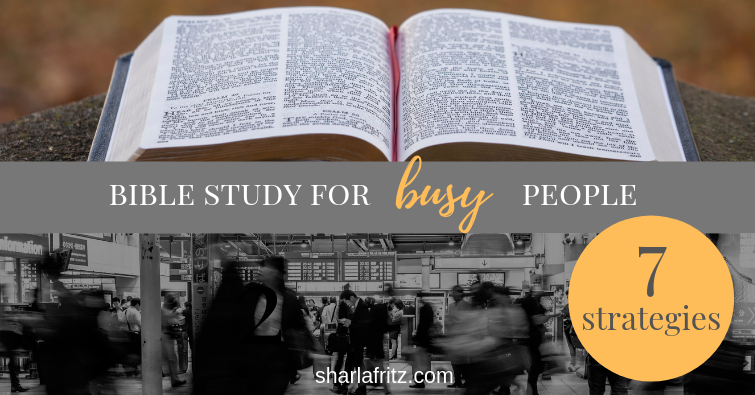
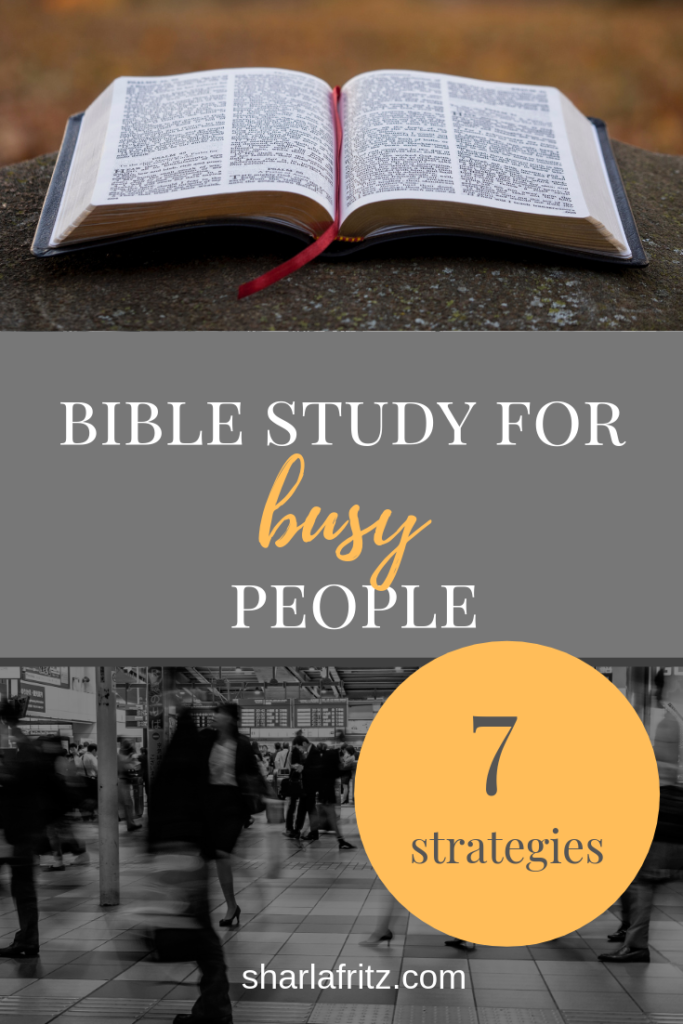



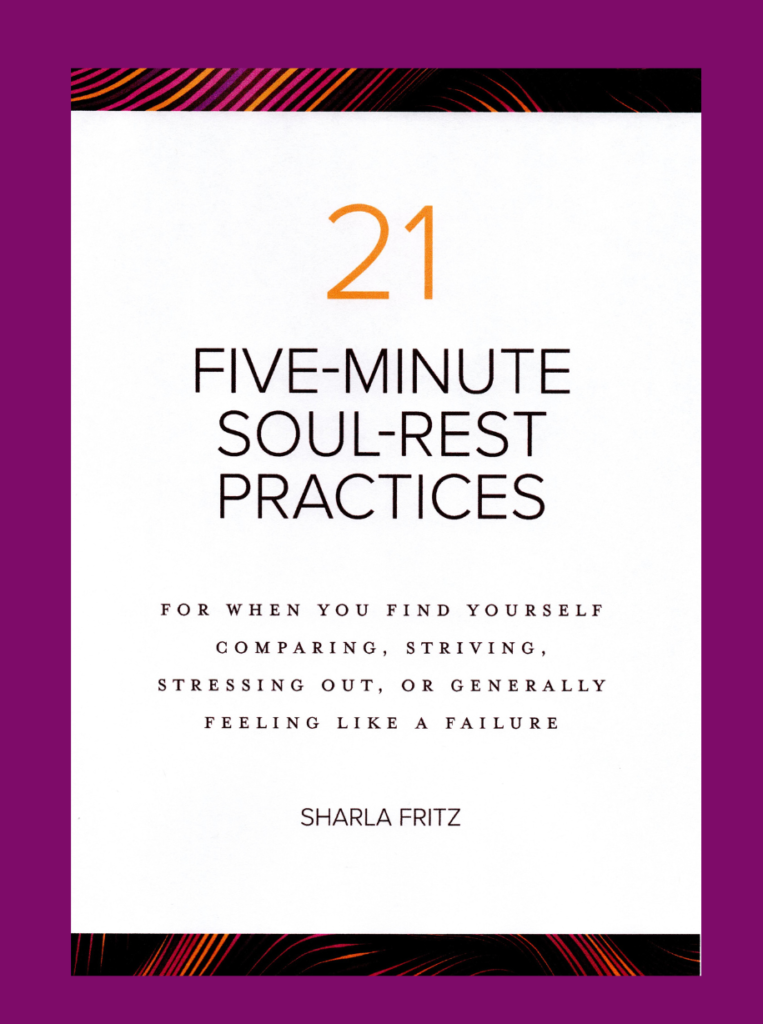
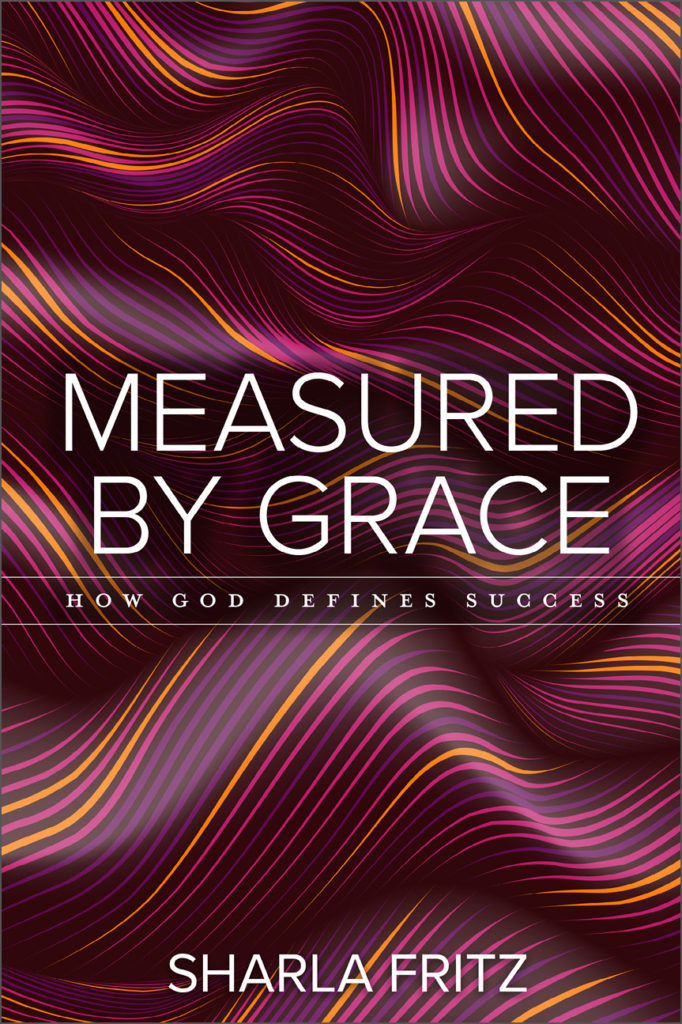
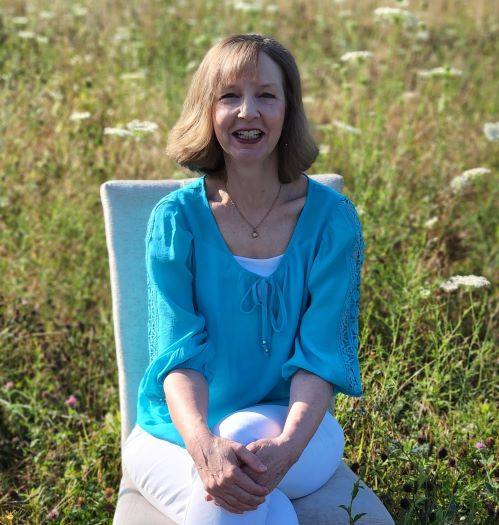
Follow Me!